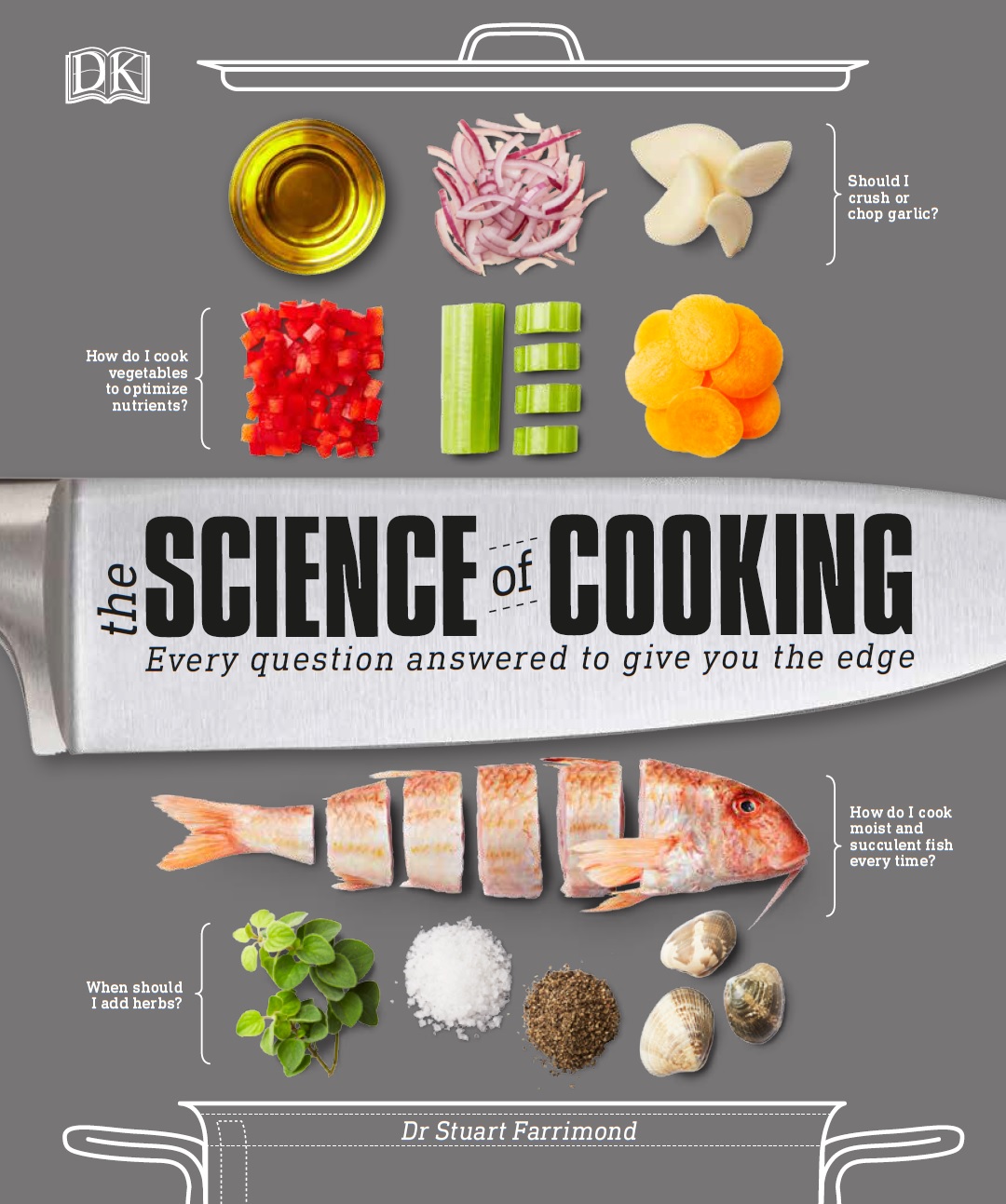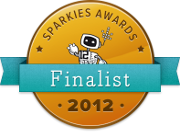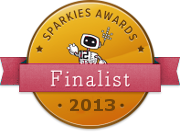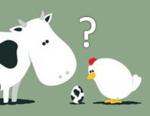 I think I’ve started to feel what it’s like to get old. Strange ‘#’ symbols started to flash up on the TV screen a few months back. Some odd new lottery I wondered? Oblivious to the newest and most important media advancement in the last decade, my friends laughed at my ignorance. Graciously educating me in twitter-speak, they taught me what ‘followers’, @ symbols, retweets and trends were. Since 1988 when an 8-bit Commodore 64 arrived in Christmas gift wrap, I have prided myself in being up to date with tech-culture. It seemed much easier when Mario was a child.
I think I’ve started to feel what it’s like to get old. Strange ‘#’ symbols started to flash up on the TV screen a few months back. Some odd new lottery I wondered? Oblivious to the newest and most important media advancement in the last decade, my friends laughed at my ignorance. Graciously educating me in twitter-speak, they taught me what ‘followers’, @ symbols, retweets and trends were. Since 1988 when an 8-bit Commodore 64 arrived in Christmas gift wrap, I have prided myself in being up to date with tech-culture. It seemed much easier when Mario was a child.
Although I am now twitter fluent, and a regular user, try as I may, I don’t get very excited about it. Like Facebook, it feels a chore – akin to laborious Christmas-card-writing - a necessity to stay digitally ‘connected’. Surely I am in the minority: of twitter’s 140 million (and growing) users, most surely use social media for the joy of it - delighting in sharing life’s experiences day, night and through those crafty under-the-table tweets.
Recently about the psychology of social networking, I rummaged through in the academic press to find out what the experts say. There’s not a lot of research on twitter – social-science is still catching up with the blue bird phenomenon. I did make one fascinating discovery: Researcher Gina Chen from Syracuse University wanted to find out what motivates people to tweet. As do I. Twitter, it seems, can fill a longing for friendship that the real world has failed to provide…
We tweet to feel connected to people
I like talking to people. If I don’t speak to anyone all day I get grumpy - unpleasantly so. Friendship is a human need - and the choices we make serve to fulfil these needs.
Television, film, radio and internet all vie for our attention. One influential theory in psychology called ‘Uses and Gratifications’ model tells us that our media choices reflect our inner needs – our favourite TV show, movie or novel are really chosen to meet unmet needs – be it for entertainment, communication or a sense of status.
Chen surveyed 317 New York twitter-users and tracked their twitter usage. Wanting to find out whether tweeting is self-indulgent bloviating (e.g. what you had for lunch) or if it means something deeper. Recording how much tweeting, retweeting, and social media hours each person clocked up, she found a strong correlation with individual’s motivations. Her results showed that the biggest tweeters did their tweeting to satisfy a desire for camaraderie, friendship and discourse.
Put simply, she concluded that the more someone tweets, the more likely they are to doing so to fulfil an unmet need for communication.
What’s so wrong with finding friendship on twitter?
It is a remarkable conclusion: twitter limits messages to 140 characters maximum – hardly conducive to a meaningful conversation. The tape-playing 80s kid in me scoffs “Why can’t people just go out and have a ‘real’ conversation?” However, the more I have used twitter, the more I understand some of the appeal:
Most people ‘follow’ not only friends, but people they admire (Justin Beiber, Hillary Clinton, etc). Getting a twitter reply from such a person is a real buzz - like receiving a personal reply from a letter to the Queen. For a moment, there is a feeling of connection, not just your friends, but someone you esteem and would never otherwise had the opportunity to meet.
Again the Luddite in me scoffs ‘this isn’t real friendship!’ The easiest answer is to say no: faceless texting can’t offer meaningful, heartfelt interaction. Surely time would be better spent seeking a flesh-and-blood companion?
Such an anti-twitter sentiment is a conclusion I desperately want to make, but how can I pass judgement on those who have found a new way to interact with others? Close friends and family (in a physical and emotional sense) get great enjoyment from ‘tweet ups’ – and they certainly aren’t replacing physical relationships for digital ones – rather they use twitter to build new connections. Research on Facebook users reveals that the most active users are those who also have active social lives. Twitter has other uses (for which Chen didn’t address): business networking, marketing and keeping up to date with breaking news. Few serious journalists are twitter users.
For now, I don’t see myself becoming immersed in the twitter world. Perhaps I don’t have such a strong need for friendship (read ‘a loner’). Perhaps it is the stuck-in-the-mud ‘things were better when…’ conservative in me.
Perhaps I am just getting old.
Feel free to share your thoughts below. Or send me a tweet.
Thanks for reading - all opinions expressed are my own. Feel free to discuss in the comments below…
Follow @realdoctorstuReferences:
Chen, G. (2011). Tweet this: A uses and gratifications perspective on how active Twitter use gratifies a need to connect with others Computers in Human Behavior, 27 (2), 755-762 DOI: 10.1016/j.chb.2010.10.023










I would have to completely agree with this. I feel like this upcoming generation is diving into a social and interpersonal nightmare. While these impressionable tweeters catch up on their latest “social updates” all they are provided with is a mental image of what they are “experiencing”.
A better study would be to find willing, habitual “tweeters” who would give up there technology for a while to see how their emotions and feelings change over time. I’d hypothesize that stripping social media addicts of their fix would in turn let them see that they are not actually gaining any real positive outcome from their frivolous networking. Only one opinion. What do you think?
Posted by Dale L. | February 2, 2013, 8:58 pmHi Dale, thanks for your comment. There are some fascinating stats about social media usage and smartphone ‘separation anxiety’ which go hand-in-hand with what you are saying. Check these out:
http://mashable.com/2012/07/13/nomophobia-infographic/
http://fooyoh.com/issue/socmed/7710309
Posted by Stuart Farrimond | February 3, 2013, 10:51 amYes I agree with this article 100%. Social psychology, which studies how a persons thoughts, feelings, and behaviors are influenced by other people and the social and physical environment is another factor into this article. They might feel “out-grouped” so they will tweet a good amount to have a feeling of belonging to something. Their loneliness will be fulfilled and they will have fixed that gap. The twitter world for marketing and job promotion is also part of industrial and organizational psychology. Using the Internet and a social media for work shows the relationship between work and job satisfaction. Thank you for sharing this article.
Posted by Sierra | February 11, 2013, 5:31 am